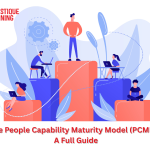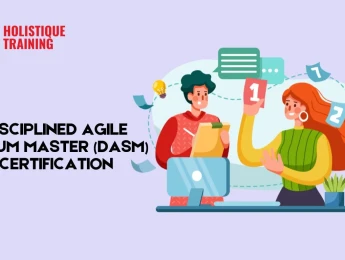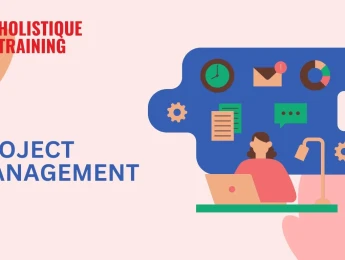This specialised training course provides a comprehensive overview of the Capability Maturity Model (CMM), a structured framework designed to assess and improve organisational processes. Participants will learn how CMM helps organisations evaluate their current level of process maturity, identify gaps, and implement systematic improvements to achieve higher levels of efficiency, quality, and performance.
The course explores the five maturity levels of CMM, their practical applications, and how organisations can leverage the model for software development, IT service management, project delivery, and overall operational excellence. Through practical examples and case studies, participants will gain the skills to align CMM practices with strategic business goals and industry standards.
By the end of this course, participants will be able to:
- Understand the principles, structure, and purpose of the Capability Maturity Model.
- Analyse the five maturity levels and their implications for organisational growth.
- Assess organisational processes and identify areas for improvement using CMM.
- Apply CMM frameworks to IT, software, and business process management.
- Develop strategies for continuous process improvement and operational excellence.
This course is ideal for:
- Project managers and process improvement leaders.
- IT and software development managers.
- Quality assurance and compliance professionals.
- Business process analysts and operations managers.
- Consultants in organisational development and transformation.
The course combines interactive lectures, case study reviews, and group discussions. Participants will analyse real-world applications of CMM, engage in maturity assessments, and develop improvement roadmaps tailored to their organisational needs.
Day 5 of each course is reserved for a Q&A session, which may occur off-site. For 10-day courses, this also applies to day 10
Section 1: Introduction to Capability Maturity Model (CMM)
- Origins and evolution of CMM.
- Purpose of maturity models in organisational development.
- Benefits of adopting CMM in different industries.
Section 2: The Five Levels of Maturity
- Level 1 – Initial: Unpredictable and reactive processes.
- Level 2 – Repeatable: Basic project management processes.
- Level 3 – Defined: Standardised and documented processes.
- Level 4 – Managed: Quantitatively measured and controlled processes.
- Level 5 – Optimising: Continuous process improvement and innovation.
Section 3: Applying CMM to Organisational Processes
- CMM in software development and IT projects.
- Integration with IT service management (ITSM) and Agile.
- Using CMM for business transformation and performance improvement.
Section 4: Process Assessment and Gap Analysis
- Conducting maturity assessments.
- Tools and metrics for measuring maturity.
- Identifying strengths, weaknesses, and process gaps.
Section 5: Strategies for Implementation and Improvement
- Developing a roadmap for maturity advancement.
- Change management and stakeholder engagement.
- Case studies of successful CMM adoption.
- Aligning CMM with ISO standards and organisational strategy.
Upon successful completion of this training course, delegates will be awarded a Holistique Training Certificate of Completion. For those who attend and complete the online training course, a Holistique Training e-Certificate will be provided.
Holistique Training Certificates are accredited by the British Accreditation Council (BAC) and The CPD Certification Service (CPD), and are certified under ISO 9001, ISO 21001, and ISO 29993 standards.
CPD credits for this course are granted by our Certificates and will be reflected on the Holistique Training Certificate of Completion. In accordance with the standards of The CPD Certification Service, one CPD credit is awarded per hour of course attendance. A maximum of 50 CPD credits can be claimed for any single course we currently offer.
- Course Code MG2 - 226
- Course Format Classroom, Online,
- Duration 5 days













